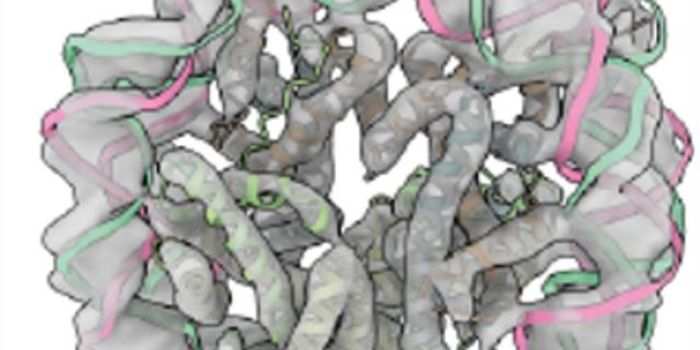Hyperactive Mitochondria Can Fuel Brain Tumors
The most common and deadly form of brain cancer is known as glioblastoma; the median survival time for patients is only fifteen months. New work has indicated that as many as one-fifth of these brain tumors are fueled by overactive mitochondria. The research, which was reported in Nature Cancer, also suggested that existing drugs could be effective glioblastoma treatments.
In this study, the researchers found that glioblastoma can be categorized into one of four groups. Two are related to normal brain function and involve stem cells or neurons, while the other two are related to tumors that resist therapies and are either mitochondrial or have multiple metabolic abnormalities.
Mitochondria are tiny structures in cells that are known as cellular powerhouses. They tend to become less efficient and overactive in cancerous cells, but there are apparently some types of glioblastoma that require these aberrant mitochondria.
A better system of classifying these tumors that goes beyond genetic sequencing and biomarker testing and takes these cellular characteristics into account could improve outcomes for patients.
"Existing classifications for brain cancer are not informative. They don't predict outcomes; they don't tell us which treatments will work best," said study co-leader Anna Lasorella, M.D., professor of pediatrics and a member of Columbia's Institute for Cancer Genetics.
"We feel that one of the reasons therapeutic progress in brain cancer has been so slow is because we don't have a good way to classify these tumors," added study co-leader Antonio Iavarone, M.D., a professor of neurology who is also member of Columbia's Institute for Cancer Genetics.
This research suggested that mitochondria inhibitors, such as a drug that’s now being tested in clinical trials, could have a significant anti-tumor effect in patients with brain tumors that are dependent on overactive mitochondria. Similar drugs are already being trialed in patients that have a rare genetic fusion that overactivates mitochondria.
"We can now expand these clinical trials to a much larger group of patients, because we can identify patients with mitochondria-driven tumors, regardless of the underlying genetics," said Iavarone.
The study indicated that patients with brain tumors that can be classified as mitochondrial have a slightly better prognosis, and lived about nine months longer than patients with other types of brain tumors.
"We are excited about the mitochondrial group, because we have drugs for that group in clinical trials already, but the classification now gives us ideas about how to target these other three and we are starting to investigate these more intensely," Lasorella noted. "We're going beyond one mutation, one drug concept. Sometimes it's possible to get a response that way. But it's time to target tumors based on the commonalities of their core biology, which can be caused by multiple different genetic combinations."
This work was made possible with molecular techniques that analyze individual cells. The researchers analyzed the properties of 17,367 individual cells taken from 36 different tumors. This enabled them to use computational tools to assess changes to the genome, the RNA transcripts, and the proteins in each cell.
"In this way, we can classify each individual tumor cell based on the real biology that sustains them," Iavarone explained.
"When we classify based on the cell's core biological activities, which all cells rely on to survive and thrive, we may find that cancers share more in common than was previously apparent by just looking at their genes," Lasorella added.
Sources: AAAS/Eurekalert! via Columbia University Irving Medical Center, Nature Cancer









